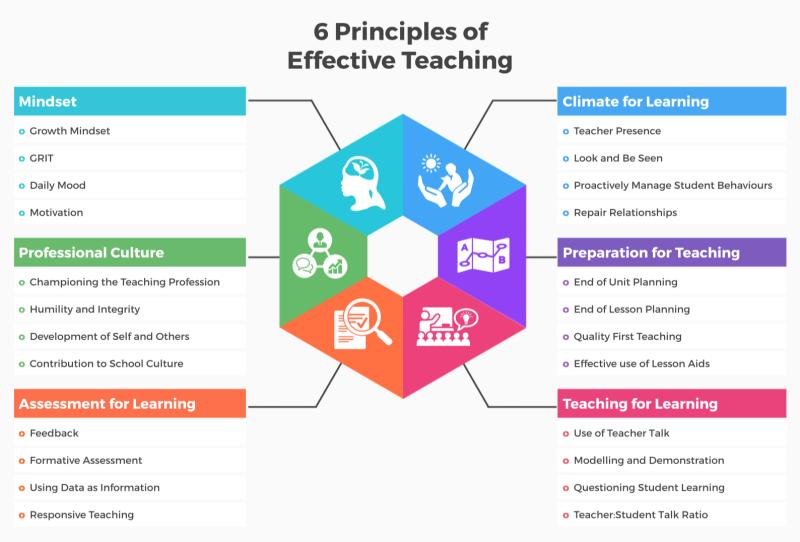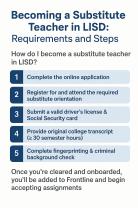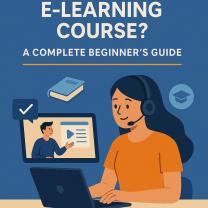What is effective teacher training?
Effective teacher training encompasses a range of strategies, programs, and approaches designed to equip educators with the necessary knowledge, skills, and tools to excel in their teaching profession. Here's a comprehensive overview of what constitutes effective teacher training:
Pedagogical Techniques: Effective training provides teachers with a repertoire of instructional strategies aligned with diverse learning styles and student needs. It focuses on evidence-based teaching methods that foster student engagement, critical thinking, and problem-solving skills.
Content Mastery: Training ensures teachers have a deep understanding of the subject matter they teach. It covers content knowledge, updates on curriculum standards, and the ability to present complex concepts in an understandable manner.
Classroom Management: Training programs include strategies for maintaining a positive and productive classroom environment, addressing student behavior, establishing routines, and managing time effectively.
Assessment and Data Analysis: Teachers are trained in designing assessments, analyzing student performance data, and using assessment results to guide instruction and provide targeted support to students.
Technology Integration: Effective training incorporates the use of technology tools and resources to enhance teaching and learning. Teachers learn to integrate technology effectively into their lessons, fostering digital literacy and innovation.
Cultural Competence and Diversity: Training focuses on cultural sensitivity, equity, and diversity, providing strategies to create inclusive classrooms that respect and value diverse backgrounds and experiences.
Differentiated Instruction: Effective training emphasizes methods to differentiate instruction to meet the varied needs of students, including those with learning disabilities, English language learners, or gifted students.
Professional Collaboration: Training encourages collaboration among educators, fostering a culture of shared learning, peer support, and professional growth through collaboration and team-based approaches.
Reflective Practice: Effective teacher training promotes reflective practice, encouraging teachers to critically evaluate their teaching methods, analyze their impact on student learning, and continuously seek improvement.
Continued Professional Development: Teachers are encouraged to engage in ongoing professional development, staying updated on current educational research, best practices, and emerging trends in teaching and learning.
Effective teacher training is not a one-time event but an ongoing process that supports educators throughout their careers, fostering their growth as professionals and ultimately benefiting student learning outcomes. It's characterized by its relevance, applicability, and ability to equip teachers with the tools they need to succeed in today's diverse and dynamic educational environments.
What elements constitute effective training for teachers?
Effective teacher training plays a crucial role in shaping the quality of education and ensuring student success. It goes beyond simply acquiring knowledge and encompasses equipping educators with the skills, dispositions, and mindset necessary to thrive in the classroom. Here are some key elements that constitute effective teacher training:
Strong foundation in content and pedagogy:
- Deep understanding of subject matter: Trainees should possess a thorough grasp of the subjects they will teach, aligned with curriculum standards and learning objectives.
- Effective teaching methods: Training programs should equip teachers with diverse instructional strategies, differentiated instruction techniques, and technology integration skills to cater to individual student needs and learning styles.
- Assessment literacy: Understanding best practices for assessment and data analysis to inform instruction, track student progress, and measure the effectiveness of teaching practices.
Real-world experience and collaboration:
- Practicum experiences: Placing trainees in actual classrooms with experienced mentors provides invaluable hands-on learning, opportunities to apply theoretical knowledge, and receive constructive feedback.
- Collaboration and peer support: Building communities of practice where teachers can share best practices, troubleshoot challenges, learn from each other's experiences, and provide mutual support through professional development journeys.
- Cultural responsiveness: Preparing teachers to understand and address the diverse needs, backgrounds, and cultural perspectives of their students to create inclusive learning environments.
Continuous learning and adaptation:
- Technology integration: Training programs should equip teachers with skills to leverage technology effectively for instruction, assessment, communication, and data analysis.
- Data-driven decision making: Analyzing data to identify areas for improvement, adapt teaching strategies to meet student needs, and adjust instruction based on ongoing evaluation.
- Professional development opportunities: Ongoing professional development opportunities allow teachers to stay current with educational trends, research, and best practices, ensuring their knowledge and skills remain relevant and effective.
Alignment with state standards and regulations:
- Alignment with established teaching standards: Training programs should ensure alignment with state-specific professional teaching standards, outlining the expected knowledge, skills, and dispositions of high-quality educators.
- State accreditation and evaluation: Programs should undergo rigorous accreditation processes to guarantee quality and compliance with state regulations and ensure they meet established benchmarks for effective teacher preparation.
Additionally, effective teacher training often considers:
- Social-emotional learning: Equipping teachers with skills to support the social and emotional well-being of their students and create positive learning environments.
- Equity and inclusion: Preparing teachers to create inclusive classrooms that address the diverse needs and learning styles of all students and eliminate educational disparities.
- Trauma-informed practices: Training educators to understand and support students who have experienced trauma, creating safe and supportive learning environments.
By incorporating these elements and tailoring them to specific contexts and needs, teacher training programs can play a significant role in fostering a competent, adaptable, and passionate workforce of educators who can effectively inspire and guide the next generation of learners.
Remember, effective teacher training is an ongoing process. It's not just about acquiring skills and knowledge but also about developing a professional identity, fostering a growth mindset, and embracing continuous learning throughout one's teaching career.
I hope this information provides a comprehensive overview of what constitutes effective teacher training. If you have any further questions about specific aspects or need help exploring resources or programs in your region, please feel free to ask! I'm always happy to help.













